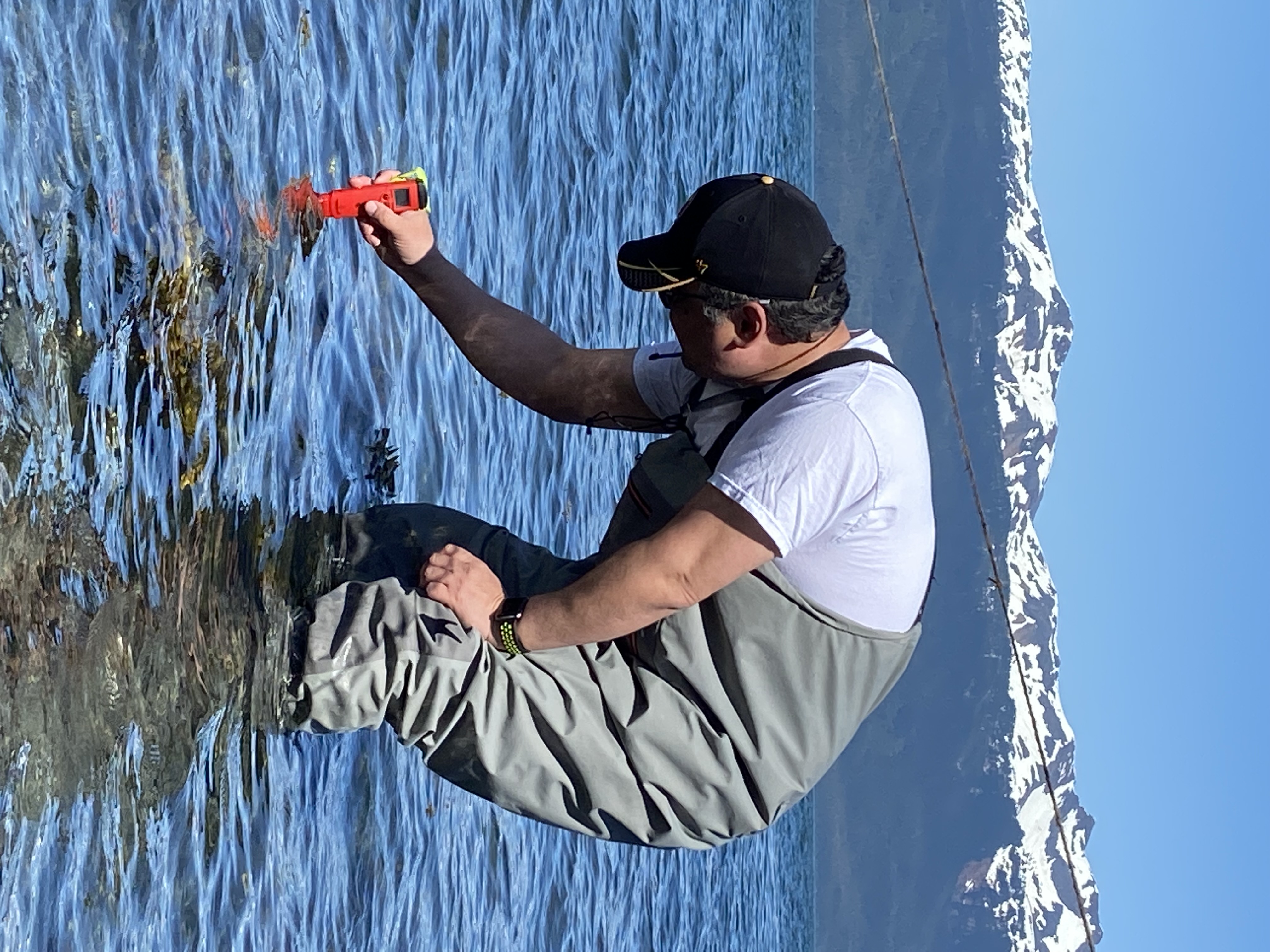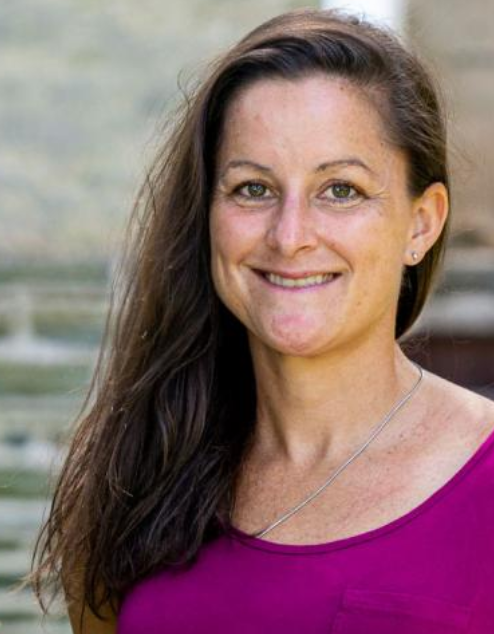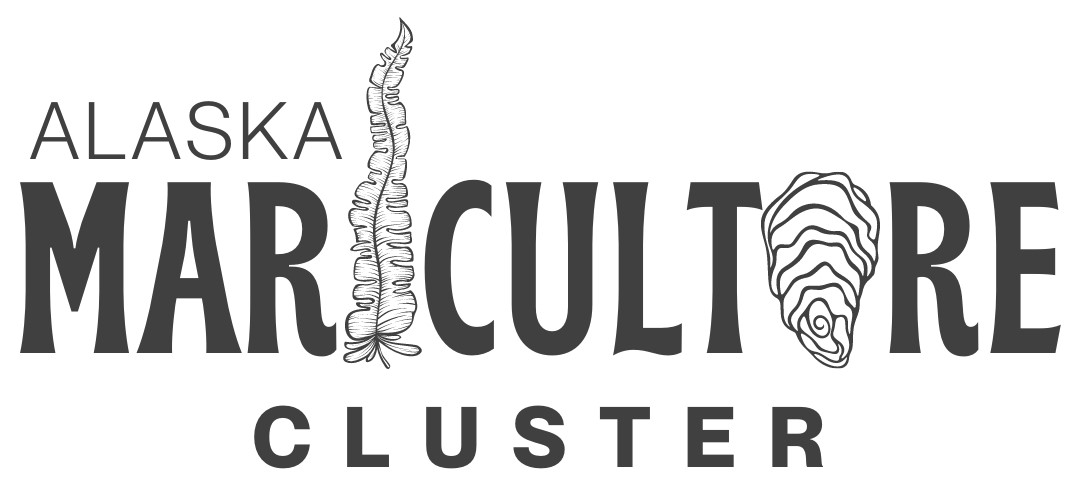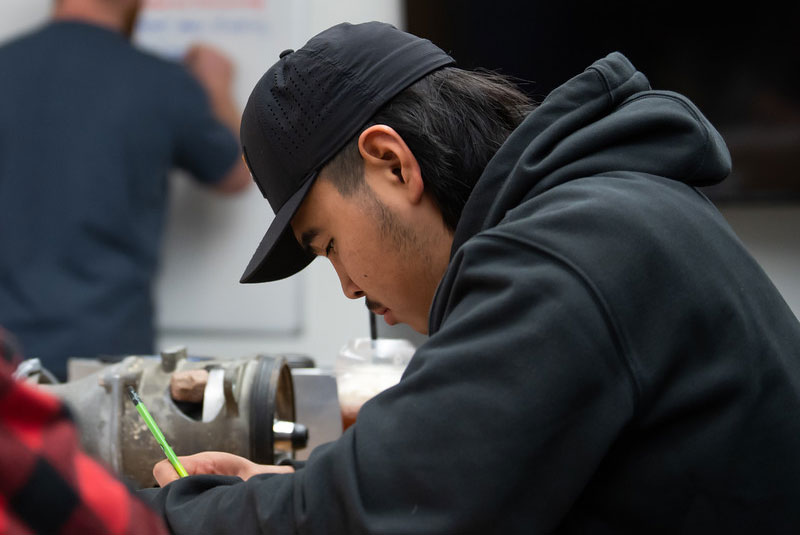Marine Ecology for Teachers
Marine Ecology For Teachers
...connecting the classroom with the natural resources of Alaska.
- Based in Valdez, AK
- Intended for teachers of science who are not science teachers by training
- Explore the interconnected relationships of the marine ecosystem
- Develop place-based, culturally-responsive knowledge, awareness, and practical skills
Place-based activities may include:
- Kayaking in Valdez harbor
- Tour of fish hatchery
- Exploration of Bligh Reef, site of Exxon Valdez oil spill
- Investigate the intertidal ecosystem
- Carry out basic shore-based and boat-based marine ecology research techniques
Dates, Location, and Contact
Dates: August 3-9, 2025 (*2 required Zoom sessions prior to the onsite course. Times/Dates TBD. Approximately 2 hours each.)
Credits: 3 + 1 *Grant funding requires students to enroll in the summer course and a 1-credit fall curriculum implementation course that will be delivered remotely. Students must receive a C or better in both courses or they will be responsible for tuition expenses.
Seats Available: 10
Location: Valdez
Contact: Katie Bobowski, 907-822-3673 or uaa_pwscforteachers@alaska.edu
Instructor: Amanda Glazier
Course full! Registration is now closed.
Participants are saying...
“An incredible learning experience. The field activities, and also learning from my colleagues, will allow me to create many placed-based and traditional knowledge lessons for my students. The rural schools have little-to-nothing in the way of science materials, and these courses opened my eyes to a broad array of possibilities. I’ve gained many takeaways for use in my classroom. I’m excited.”
Solomon Afcan, Nunam Iqua School

- What to expect
Marine Ecology for Teachers is primarily a field based course and we will be spending most days outside exploring different learning possibilities. Students should be able to walk at least 5 miles. Portions of the course may be carried out over uneven terrain, often without a trail, and may include river crossings or other hazards depending on route and travel logistics. The course requires being able to sit in a kayak for several hours (3+ hours) and participate in boat-based activities. The course may require good physical condition and ability to perform in cold and/or inclement weather. Students must be prepared to spend long days outside, with a number of environmental concerns to mitigate, including: bears, mosquitos, wolves, rivers, weather, temperature, etc.
- What will you get
- A week of content rich days immersed in classroom and field exercises to deepen teaching pedagogy.
- Teachers will walk away with lesson plans, resources, and tools to help fit the curriculum into a classroom or virtual learning environment, and examples of place-based lesson planning.
- All students will develop a place-based lesson plan or unit to use in their own classroom. All of the lesson plans developed will be put into an online database that will be made available to all students for adaptation and use in their classroom.
- Why should you come
- Gives teachers the ability to reconnect to and re-energize their passion for teaching.
- Mixes classroom activities with place-based/outdoor activities, which asks the teachers to not only consider their curriculum, but to also their classroom environment
- Collaborative workshop activities allow STEM teachers to meet and network with other educators who are living through the same experience
- Important Grant Information
- Grant funding will only pay for grades C or higher in the program. Failing grades (F), D's, withdrawals (W), incompletes (I) will not be covered by the grant and students will be responsible for the cost of tuition.
Meet The Instructor
Dr. Amanda Glazier
 Amanda came to PWSC from Haverford College outside of Philadelphia. There she was
a Visiting Assistant Professor, teaching Marine Ecology, Population Genetics, Advanced
Genetic Analyses, and Superlab. Prior to that she was a Research Assistant Professor
and Postdoctoral Fellow at Temple University in Philadelphia. Her research has focused
on population genetics, phylogenetics, and transcriptomics of deep-sea invertebrates,
and she is broadly interested in using genetic tools to address evolutionary and ecological
questions. Her research has spanned lab work, field work with five deep-sea research
cruises, and bioinformatics and computational work. While all of these are important
aspects of research and learning, in teaching, she deeply believes that experiential
and field-based techniques are the best way for students to learn and develop a passion
for environmental sciences and ecology. Her courses are developed as much in this
context as possible, getting students outside and physically working with the topics
instead of just sitting in a classroom. This may include part of the day in the field
and part in the lab or working with an online database to experience different aspects
of the subject. She is very excited to be in Alaska, developing courses in this context
in such a unique, incredible environment.
Amanda came to PWSC from Haverford College outside of Philadelphia. There she was
a Visiting Assistant Professor, teaching Marine Ecology, Population Genetics, Advanced
Genetic Analyses, and Superlab. Prior to that she was a Research Assistant Professor
and Postdoctoral Fellow at Temple University in Philadelphia. Her research has focused
on population genetics, phylogenetics, and transcriptomics of deep-sea invertebrates,
and she is broadly interested in using genetic tools to address evolutionary and ecological
questions. Her research has spanned lab work, field work with five deep-sea research
cruises, and bioinformatics and computational work. While all of these are important
aspects of research and learning, in teaching, she deeply believes that experiential
and field-based techniques are the best way for students to learn and develop a passion
for environmental sciences and ecology. Her courses are developed as much in this
context as possible, getting students outside and physically working with the topics
instead of just sitting in a classroom. This may include part of the day in the field
and part in the lab or working with an online database to experience different aspects
of the subject. She is very excited to be in Alaska, developing courses in this context
in such a unique, incredible environment.

Alaska Mariculture Cluster Build Back Better Grant









